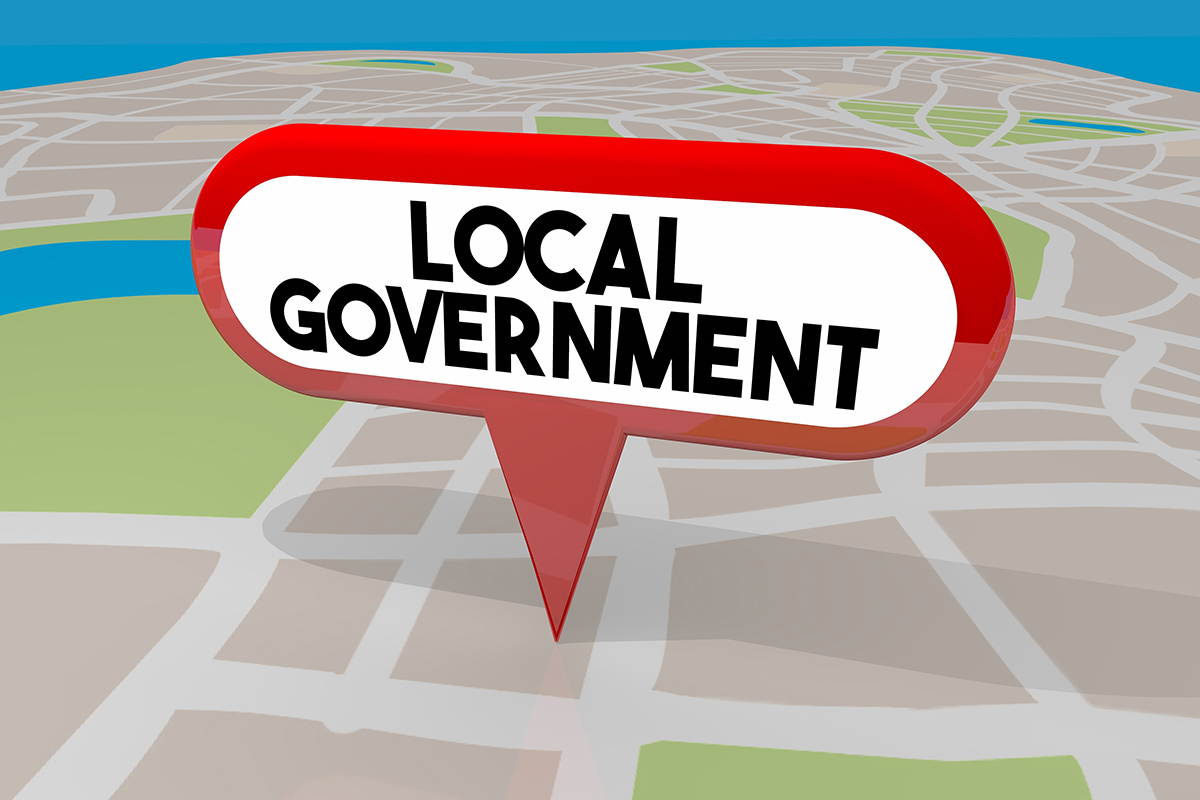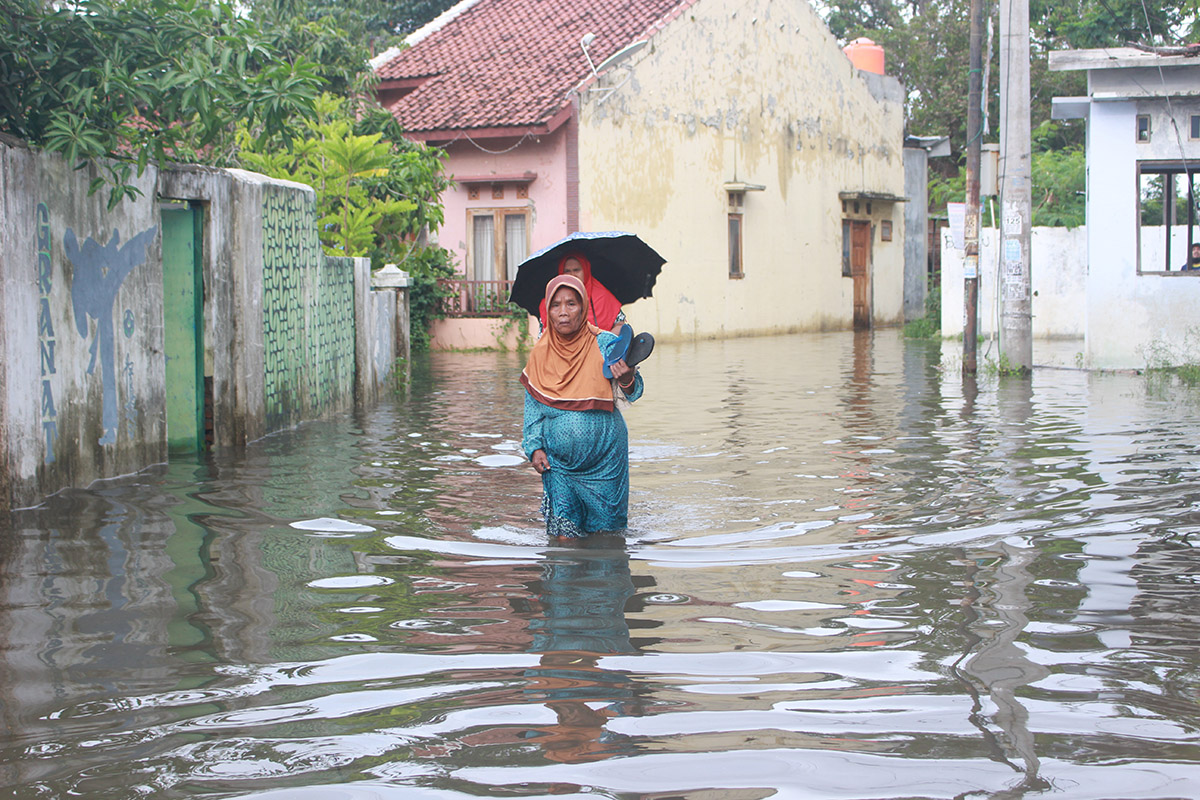The Government Next Door: Why Grassroots Democracy Still Lives in the Shadows
September 21by Similoluwa Ifedayo
About six years ago, I thought I was going to lose my friend. It was during the rainy season and we didn’t see the gutter she had stepped into. She slipped, got fully covered and had to be dragged out. It was scary to watch someone you love fight for her life, not in a swimming pool, not at the beach, but in the middle of a Lagos street.
We all know who to blame when the price of fuel goes up. We curse Abuja. When the Third Mainland Bridge is blocked, we sigh at the state. But when your street is swallowed by potholes, when refuse piles like a second wall in front of your house, when the drainage smells like death, who do you hold responsible?
Most times, nobody. No accountability. When there is implementation, no sustainability.
We skip past the closest government. The one that should know every street, every market, every corner of Lagos like the lines on their palm. The one that sits just down the road in a modest building, collecting allocations every month. Local government.
They are the ghost tier of Nigerian politics. They live among us, but they are absent in our conversations. They eat our budgets, but never our blame. We know our governor’s name, we even know our president’s family, but ask the average Lagosian to name their local government chairman and you’ll meet silence.
Yet these leaders next door hold powers that shape our daily lives. They are meant to manage our markets, keep our refuse moving, clear the gutters before the floods, and name the streets we walk on. They should regulate our motor parks, build and maintain the feeder roads that connect to state highways, and number the houses we live in. They are supposed to ensure the primary schools don’t rot, the local health centres don’t collapse, and even register the births and deaths in our community.
But what happens when these responsibilities vanish into dust? When the markets decay, when refuse is dumped on our doorsteps, when health centres become ghost houses? What happens is the chaos we live in daily: streets that flood at the first drizzle, children who wander out of classrooms, businesses that suffer because roads to the market are impossible.
Even lawmakers in Lagos have started to admit what we already know. Speaker of the Lagos State House of Assembly, Mudashiru Obasa, recently warned that when local government chairmen cannot fund themselves independently, they become shadows of the executives they are supposed to check. He described how some former chairmen still control council accounts long after leaving office, and how this undermines governance at the very level closest to the people. His point was blunt. If local governments cannot stand on their own, then the foundation of democracy itself is shaky.
And that is the real danger. Democracy is not built only in capital cities or state houses. It begins in the drains that either flood or stay clear, in the schools that either teach or collapse, in the health centres that either save children or fail them. Development is local before it is national.
Lagos may look like a Nigerian problem, but it is really a Commonwealth mirror. Across Africa, Asia, the Caribbean, and even Europe, too many local councils are stripped of power, ignored by citizens, or financially starved by higher governments. The result is the same: weakened grassroots democracy. Councillors who cannot legislate freely. Communities that cannot grow. Citizens who forget that governance begins on their street, not on their television.
Ignorance has a price. Every time we bypass the local government and direct our anger only at the state, we let the leaders next door breathe easy in their invisibility. Every time we refuse to ask questions, we allow allocations meant for our streets to vanish into private pockets. Every time we fail to care, we prove that democracy here is only national theatre, not neighbourhood reality.
So maybe it is time we flip the script. Stop waiting for Abuja. Stop overburdening Alausa. And across the Commonwealth, stop letting capital cities swallow every ounce of our attention. Start looking around. Who is your councillor? Where is your local chairman? What are they doing with the funds they receive on your behalf?
Democracy cannot survive if the only people we watch are those at the top. The forgotten government must no longer be forgotten. Because accountability, like charity, should begin at home. And sometimes, home is just down the street, in an office with a dusty signboard, waiting for us to knock.






